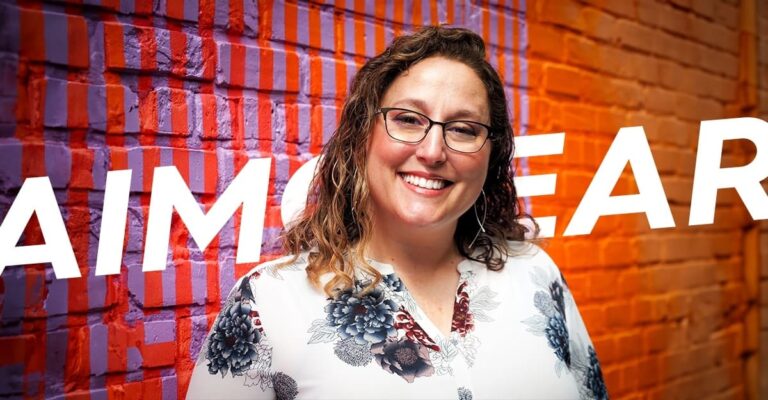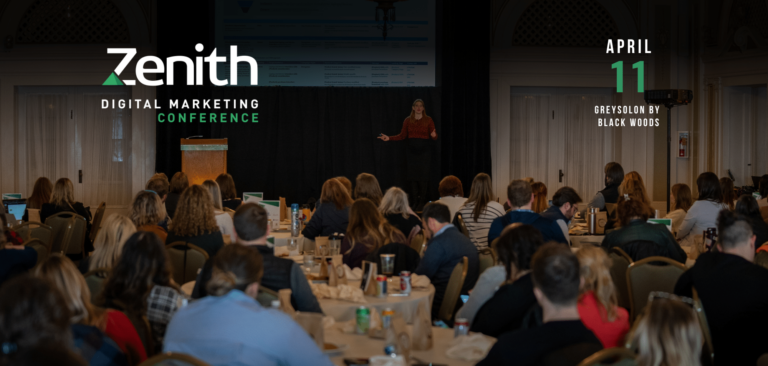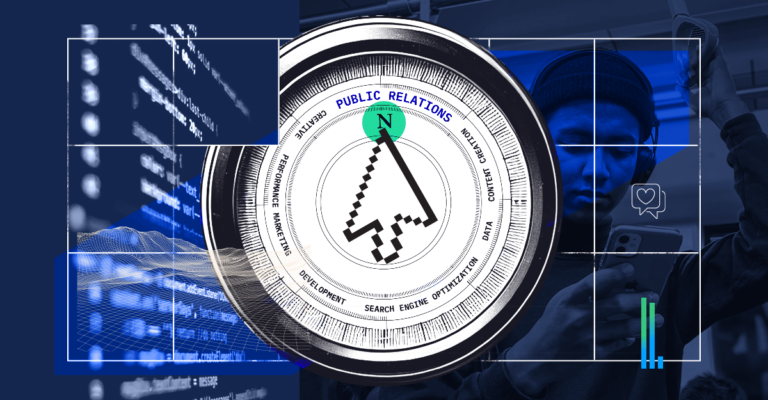Our coverage of PubCon continues from Las Vegas this morning! We all know that we should pay more attention to Google+, even though we really, really…really don’t want to. But if I’ve learned anything here at Pubcon 2013, it’s that Google+ is the future, and it’s going to get even more important to your overall marketing strategy.
In this session, creatively named “Google+”, moderator Joe Laratro (@jlaratro) Â started us off with a short intro of each of our panelists: Justin Sanger (@justinsanger) Â – Founder & CEO at SupportLocal and Rob Garner (@robgarner) Â – Chief Strategy Officer at Advice Interactive Group. These two had very different presentation styles, but between the two of them there were some major knowledge bombs dropped.
First up, Rob took the stage. He started out with a quick snapshot of his background. He’s a long time member of Webmaster World, a seasoned speaker at Pubcon, and veteran of the online marketing industry with 18 years of experience.
Rob gave us an overview of what Google+ means to us now, and where it might be headed. Google took basic SEO principals and layered them on top of a social network. He describes Google+ as “not a destination”; it’s the “social spine” of Google’s user experience. He offers a harsh warning for those who are not on Google+: “Start doing it now!”
All Things Google+
What are the latest tricks up Google’s sleeve, you ask? First, they’re integrating relevant Google+ updates into Google News results. Whoa, that’s big. This is a great example of why it’s important to maintain a presence and stay engaged with conversations in Google+.
Second, they’re letting you embed posts; this could give you a leg up in the Google+ social space. It’s simple: just copy the code from your Google+ post and embed it into a blog post, on your site or other social channels, and it will increase traffic to your Google+ page.
Another new release that’s getting people up in arms is that Google+ is following in Facebook’s footsteps, providing social endorsements to promote products and businesses. The difference is Google+ is using your face in ads for social endorsements. Google+ users are protesting this by changing their profile images to Eric Schmidt, so that he can provide endorsements on their behalf.
One of the big, hairy questions that has popped up multiple times over the last couple of days here at Pubcon is: Are +1’s a factor in non-personalized search? They’ve polled the specialists and are getting varied answers. MOZ says yes, +1’s are one of the top factors, second only to page authority. But recently, Stone Temple’s Eric Enge says no. Matt Cutts’ answer has always been no – until yesterday morning in his Keynote (check out the details in this earlier post). What we do know is this: +1’s contribute to higher visibility within your networks.
Google Glass
Rob outlines his experience with Google Glass. He goes on to explain how important optimizing for Google Glass is going to become. Developers are busy creating apps for Glass they call Glassware. Are you using Google Now? Google Now is “a layer that coordinates multiple services into contextually useful information.” Essentially, Google Now is a dashboard where you can find “cards” that provide you with relevant information. Whether you’re looking for nearby attractions or stock information, Google Now’s got you covered. Other cards options include: TV listings, currency, public transit, place info, public alerts, hotel info, reservations, weather, birthdays, breaking news, appointments, events, and flight status. Whew.
So what does that mean for the marketing world? Here’s what we need to do to stay on top of Glass:
- Optimize your ads, content and emails for the new screen
- Optimize for Google Now
- Determine your company’s unique value proposition for Glass
- Create your app
Rob recommends that we pay close attention to what’s happening with Glass, it represents the future.

He clearly states that he is sick of everybody comparing Google+ to Facebook or any other social media site. It’s not a place to look at pictures of dogs, or stalking your ex-girlfriends. Google+ is an entirely different thing.
Say goodbye…to search as we know it.
Justin suggests that we’ll look back at search queries in 5-10 years, and won’t be able to recognize them. The search marketing scene used to be run by machines. Algorithms and keywords had influence over which search results you see. Google understands that the days of machines are over. In the future, Google will no longer rely on search queries. It will take its cue from a different signal. A social signal.
Justin calls this social signal The Human Algorithm.
“Google doesn’t want to rank pages, they want to rank customer experience,” says Justin.
They are beginning to rely on post transactional feedback as social signals for search results. This means every customer presents an opportunity to improve your search results, by using social cues. Post transactional information helps Google understand their users to better inform search results. You could say that these social signals are online word-of-mouth. Justin goes on to explain the importance of word-of-mouth in today’s market place:
- 82% of businesses rely on word-of-mouth as their leading source of sales, and 9 out of 10 people prefer personal recommendations from someone they know. This is where Justin brings it all together for us. It’s about trust.
- People care about what their friends think. This is why social signals will dominate. Stop spending your time link building – people are the “links” of the future. Work with companies with integrity, provide good service to customers and get their feedback.
“Trust is the most important part of our jobs as search marketers. Trust doesn’t come from machines. It’s very personal.”
Trust = authority or familiarity
Authoritative trust is important to Google. They want to know who is qualified to give an informative answer. Familiarity on the other hand, is what you see in Facebook. Your friends provide preferences, likes and endorsements to help you make purchasing decisions. Both types of trust have a disadvantage. Google has a big trust problem.
Justin takes us home with an example of this trust problem. He has about 900 Google+ followers, people who look to him to endorse products and provide recommendations. Yet he doesn’t really know who they are. He would never recommend a plumber, or post a picture of his daughter on Google+ because he doesn’t have a personal connection with his followers. Therefore the social influence doesn’t have the same impact.
Well, there you have it. The future of search and social is in the hands of our peers and their user experiences. Bottom line, get on Google+ and start using it to build relationships and connect with your users.











